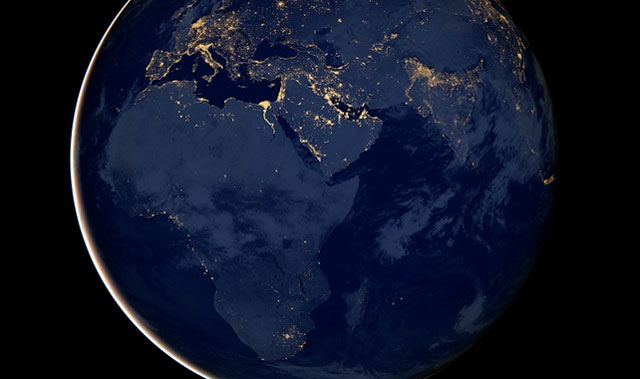
Reports emerged on Monday that five telecommunications operators, including South Africa’s MTN and Telkom, have designs on a new, superfast submarine cable system connecting Africa — including South Africa — with the Middle East (and onward to Europe) and South-Central Asia.
The cable system will be known as Africa-1 and its backers hope to have it in service by the third quarter of next year.
The other operators involved in the consortium to build the cable system, which will extend more than 12 000km along Africa’s east coast up to Saudi Arabia, Egypt and Pakistan (before additional branches are added), are Saudi Telecom Company, Telecom Egypt and PCCW Global.
Neither MTN nor Telkom were immediately able to provide additional comment on their involvement in the cable project, including providing detail on how much they’re investing.
According to a statement issued by PCCW, Africa-1 will have at least three fibre pairs at its core and will use the latest 100G wavelength technology to allow for several terabits per second of capacity to be commissioned when the system goes live.
When commissioned, it will be the largest-capacity route along Africa’s east coast and will compete head-on with the other two systems connecting countries along Africa’s eastern shoreline, namely Seacom and Eassy. It will also supplement the now old and relatively low-capacity Safe cable that connects South Africa and Asia.
According to the PCCW statement, Africa-1 will offer comprehensive interconnection with other cable systems and provide full open access to service providers at cable landing stations along its route.
The statement quotes MTN group executive for global carrier services and group network projects John Unterhorst as saying Africa-1 will “complement existing cables now nearing their mid-life”.
Casper Kondo-Chihaka, managing executive of network engineering and build operations at Telkom, says in the same statement: “In addition to complementing our existing high-bandwidth cable systems in the region, Africa-1 will provide more diversity for the large volume broadband traffic from South Africa to the rest of the world. This cable will provide the means to fulfil our role as champions of national broadband access and act as catalyst to stimulate further penetration of Internet connectivity for the entire country.”
The consortium hopes to sign a construction and maintenance agreement by June, with the system ready for service by September 2017. Other operators are expecting to join the five founding members of the consortium over time. — © 2016 NewsCentral Media




